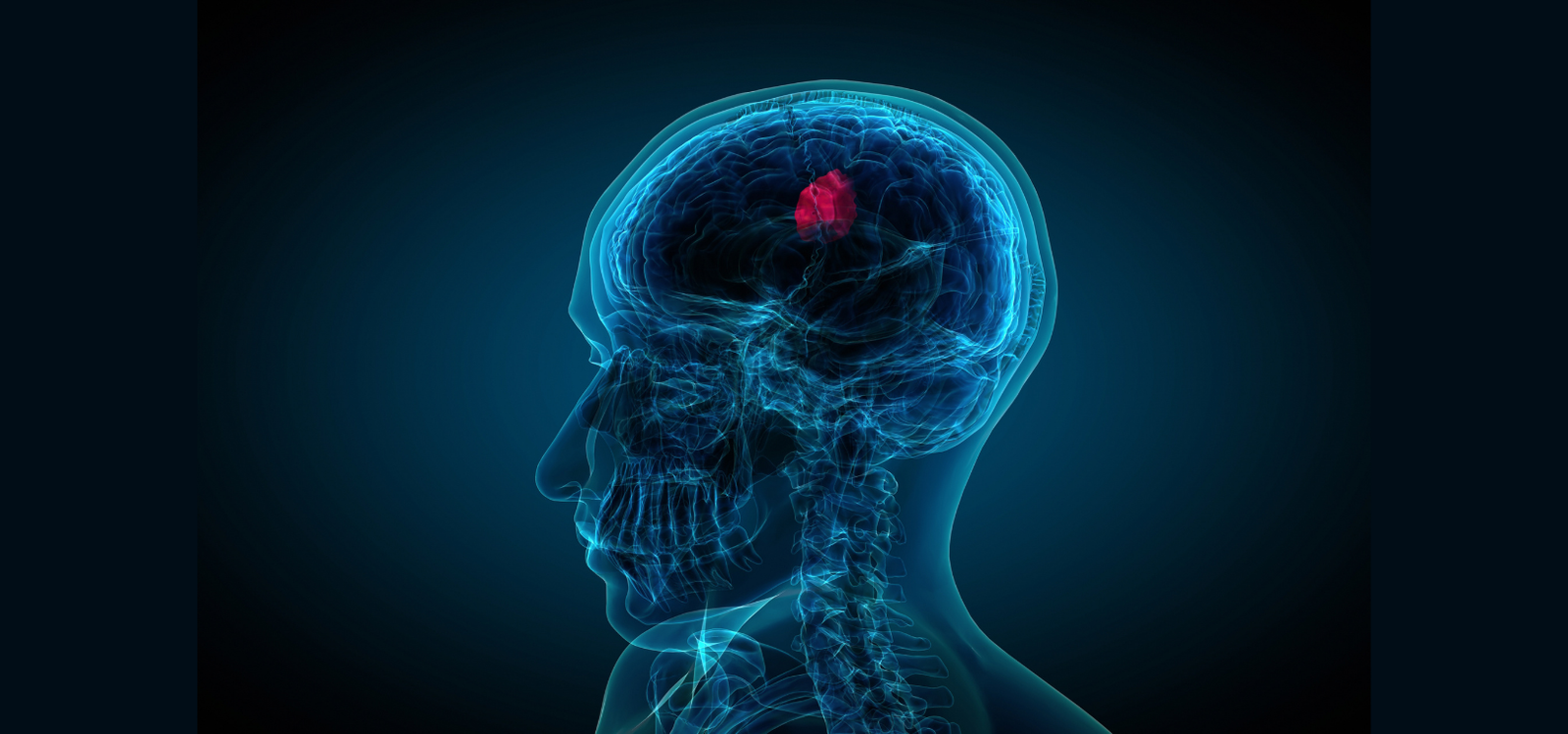Brain Tumor Symptoms and the Importance of Early Diagnosis
Brain tumors are masses formed by the uncontrolled proliferation of abnormal cells in the brain tissue or surrounding membranes. These tumors can pose serious health risks, potentially life-threatening. However, with early diagnosis and appropriate treatment, many patients can return to a normal life.
The symptoms of brain tumors can vary depending on the type, size, and location of the tumor. The most common symptoms of brain tumors are:
- Headaches: Increasingly severe headaches, especially in the mornings and unresponsive to medication, are the most common symptom of brain tumors.
- Nausea and vomiting: Nausea and vomiting, especially in the mornings and often accompanied by headaches, are also frequent symptoms.
- Vision and speech disorders: Vision problems such as blurry vision, double vision, or loss of visual fields can occur, especially if the tumor is near the optic nerves or visual centers.
- Speech disorders: Difficulty finding words or incomprehensible speech may occur with tumors near the speech centers.
- Balance and coordination problems: Difficulty walking, frequent falls, or numbness in the hands and feet may appear with tumors in the cerebellum or brainstem.
- Seizures: Uncontrolled muscle contractions in part or all of the body are significant indicators of brain tumors.
- Personality changes: Sudden irritability, forgetfulness, or depression are mood changes often seen with frontal lobe tumors.
- Cognitive impairment: Problems with concentration, memory, or decision-making can arise due to pressure on different parts of the brain.
- Fatigue and exhaustion: Unexplained fatigue and exhaustion may be general symptoms of brain tumors.
Early diagnosis of brain tumors is crucial for treatment success. Early diagnosis allows for more effective treatment options as the tumor is smaller and has not spread. Brain tumors diagnosed early can be treated more successfully with methods such as surgery, radiotherapy, and chemotherapy.
Tips for Early Diagnosis
Recognizing the symptoms and consulting a healthcare professional without delay is essential for the early diagnosis of brain tumors. When symptoms such as headaches, seizures, vision, or speech problems occur, detailed neurological examinations and imaging tests should be conducted.
- Neurological Examination: The doctor evaluates the patient's neurological functions by checking reflexes, muscle strength, coordination, and sensations. Additionally, the patient's medical history and current symptoms are thoroughly reviewed.
- Imaging Methods: CT scans and magnetic resonance imaging (MRI) are the most critical imaging methods used to determine the tumor's location, size, and type in the brain.
- Biopsy: A small tissue sample from the tumor is taken to confirm the diagnosis and identify the type of tumor.
- Functional MRI (fMRI): Used to determine which areas of the brain are responsible for specific functions.
- Positron Emission Tomography (PET): Measures the metabolic activity of the tumor.
- Single Photon Emission Computed Tomography (SPECT): Evaluates the blood flow and functions of the brain.
“Early diagnosis increases the chance of success in brain tumor treatment and enhances the quality of life for patients.”
Conclusion
Brain tumors can lead to severe health problems and pose life-threatening risks. However, by being aware of the symptoms and ensuring early diagnosis, these tumors can be successfully treated. Promptly consulting a healthcare professional when symptoms like headaches, seizures, or vision and speech disorders occur is critical in the treatment process. Remember, with early diagnosis and proper treatment, brain tumors can be managed, and the quality of life for patients can be significantly improved.

